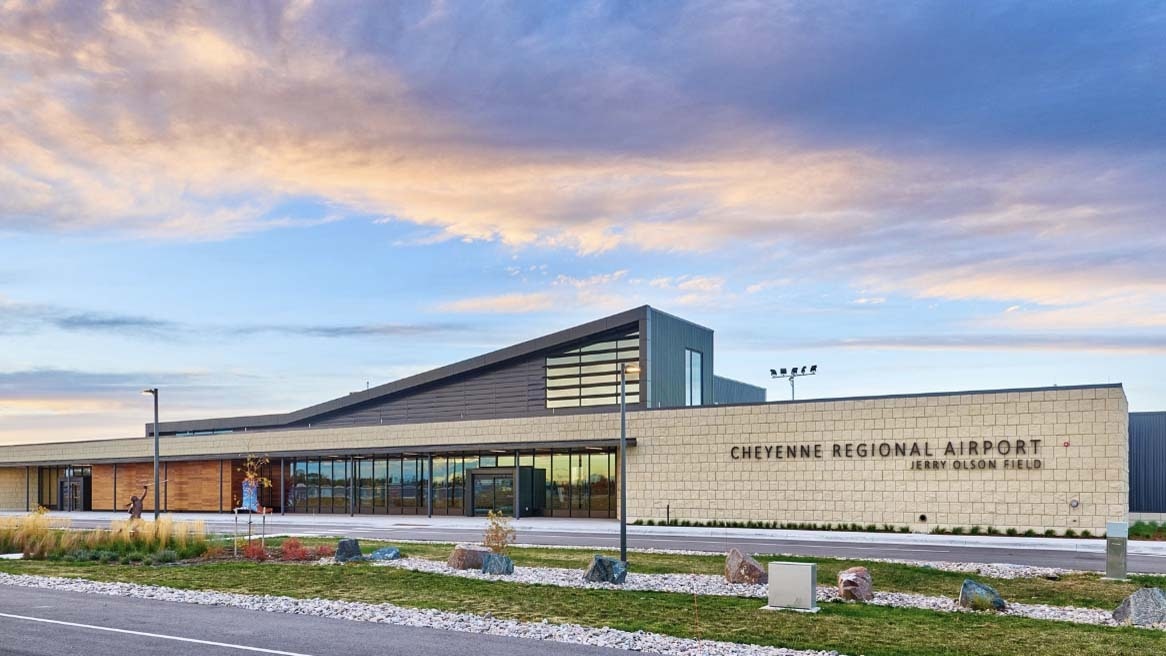The City of Cheyenne will lose air service beginning April 6. Airport Director Tim Barth made the announcement late Wednesday on its Facebook page.
“Cheyenne air service will be temporarily suspended as of April 6th due to the unprecedented economic and social effects of the coronavirus.
“This disappointing news follows a string of successes. Since launching round-trip American Eagle flights operated by SkyWest Airlines to Dallas-Fort Worth on November 4, 2018, Cheyenne’s commercial air service has drawn over 40,000 passengers.
“That number is way beyond industry projections,” says Airport Director Tim Barth. “Cheyenne is definitively on the map in terms of air service in a way that it hasn’t been in years.”
“The community’s embrace of the route and the new airport terminal is what have made them such big successes,” adds Wendy Volk, President of CRAFT. “That’s why once the dust settles, and the U.S. economy recovers, our community’s air service will too.”
“While air service is expected to return, there’s no timeline yet. As of now, flights will be suspended on April 6, 2020. The last flight before the pause will be from Cheyenne to DFW that morning. The National Guard and non-commercial general aviation are not affected at this point.
“This news comes as the news surrounding the COVID-19 coronavirus continues to unfold. A significant number of domestic commercial flights are being cancelled. The nationwide reduction in routes is having a dramatic negative impact on all airports.
“The decision to pause service until further notice was jointly arrived at by the Cheyenne Regional Airport and American Eagle operated by SkyWest.
“The economic ramifications of this situation are beyond anyone’s control,” says Barth. “However, our duty to the health and safety of passengers, and to fiduciary good sense, makes this difficult decision a little easier.”
“Some flights may still appear as bookable online, but those are in the process of being taken out of the system.
“The Cheyenne Regional Airport will provide updates as events develop.”





